Wild bunnies feed on weeds, grasses, wildflowers, and flower and vegetable plants – foods that are naturally high in fibre, which keep their digestive system functioning properly and wear down their continuously growing teeth.
The ideal rabbit diet for bunnies should consist of rabbit foods that are high in fibre for a healthy digestion. Also look for no artificial colours or flavours and a carefully formulated balance of nutrients.
What is the best food for rabbits?
Your rabbits’ feeding plan should consist of:
- 85% – 90% unlimited grazed grass (not grass cuttings) or high-quality feeding hay (not bedding hay, which may have poor nutritional value). As a guide, provide each rabbit with at least their own body size in feeding hay every day.
- A small handful of rabbit-safe leafy greens, vegetables and herbs.
- Pelleted rabbit food – around one egg cup a day per rabbit. Rabbit nuggets help ensure your buns get all the vital vitamins and minerals they need.
You can also include some yummy, healthy rabbit treats to your rabbit diet chart to add enrichment. These are great for training and hand feeding, helping you to build your bond with your bunny chums.
Your rabbits must also have access to plenty of fresh water at all times. Provide a bottle and a bowl of fresh water daily – lapping from a bowl is more natural to rabbits, but bowls may be knocked over, so a bottle is a good back-up.
Rabbits eating lots of fresh grass will drink less, whilst those eating mostly hay will drink more. Importantly, their digestive system only works properly when it is well hydrated.
What vegetables can rabbits eat?
If you’re wondering what rabbits like to eat, then a selection of rabbit-safe leafy greens – a handful per day, per bunny – will feature highly on your rabbits’ favourite food list. This also helps add variety to a well-planned rabbit diet.
Ideal vegetables and herbs include:
- Broccoli
- Fennel
- Parsley
- Coriander
- Rocket
- Carrot tops
- Cauliflower leaves
- Mange tout
- Kale
- Mint
- Romaine lettuce
- Leaves from dandelions, hazel, willow or apple trees.
Rabbits don’t naturally eat root vegetables, so carrots are generally best avoided. The RWAF provide a comprehensive list of recommended vegetables and herbs.
What fruits can rabbits eat?
While rabbits can enjoy some fruit as part of their diet, they should only be given in moderation. This is because rabbits don’t naturally eat fruit, which is generally high in sugar, and can lead to obesity.
So, while your buns may enjoy a couple of strawberries or a slice of apple, these should only be an occasional treat, once or twice a week.
Safe fruits that can be included in your rabbits‘ diet are:
- Apples – not the pips, they’re poisonous
- Bananas
- Kiwi fruit
- Melon
- Pears
- Plums
- Strawberries
Quick tip
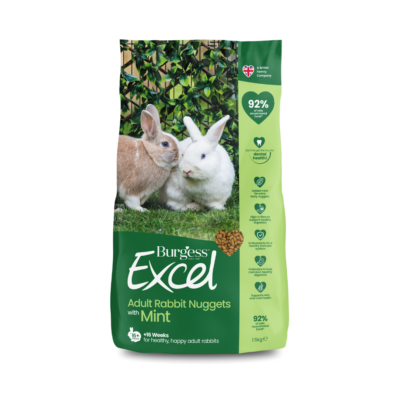
Excel Adult Rabbit Nuggets with Mint
What foods should rabbits avoid?
There are a few items that are classed as unsafe food for rabbits and therefore should be avoided altogether. These include:
- Rabbit muesli – Two years of research at the Royal (Dick) School of Veterinary Studies, Edinburgh, linked muesli style foods to life-threatening dental and digestive problems in rabbits. Muesli-based rabbit diets encourage selective feeding, where rabbits eat high starch/sugar components of the muesli, while rejecting the more fibrous pellets. This means they won’t be getting all the nutrition they need.
- Sweet treats – Some treats that are marketed as rabbit food – such as milk-based yoghurt drops or sticks of sweetened cereals – can contribute to obesity and tooth decay.
- Lettuce– Some types of lettuce, such as iceberg, contain lactucarium, which can be harmful to rabbits in large quantities. Light-coloured lettuce varieties are high in water, have very little nutritional value and will just give your rabbits the runs.
- Avocado– It’s very fatty and should never be included in your rabbits’ diet.
- Chard– It’s a leafy green but not one that rabbits can tolerate, causing colic and bloating.
- Grass cuttings– Rabbits should be given unlimited access to steadily graze on fresh grass, just as they would in the wild, but a pile of grass cuttings can be very harmful to them.
- Rhubarb – This common garden plant can be poisonous to animals if eaten raw.
- Bread, pasta and crackers– High-carb foods can cause series stomach issues.
- Nuts– All nuts are high in fat, not fibre, and will give your rabbits extremely uncomfortable indigestion.
If you’re not sure whether something’s safe for your rabbits to eat, it’s best avoided.
Did you know?
Rabbit feeding plan
Best food for your rabbits' life stage
Choosing food tailored to your rabbits’ nutritional requirements and life stage can also be beneficial.
For example, junior rabbits have a higher metabolic rate than adults, so choose a junior rabbit food with a higher protein level. Indoor rabbits can require a specialist diet with added vitamin D.
If you’ve got some golden oldies, your senior rabbits could benefit from nuggets with cranberry, designed just for them, with added glucosamine for ageing joints. If you have rabbits that are prone to weight gain, a lighter version with ingredients such as L-carnitine can help to promote lean body mass.
What's the best way of feeding rabbits?
Why choose Burgess Excel for your rabbits' food?
Our range of Burgess Excel rabbit food is made at our own factory in Yorkshire, using only the best ingredients, and supports the nutritional requirements of rabbits.
Our high-quality feeding hay, tasty nuggets and healthy treats provide all the essential vitamins and minerals that your rabbits need.
Plus, it’s easy to order online, with free delivery over £25.
The Excel Feeding Plan
Following our Excel feeding plan will ensure that your rabbits get the correct balance of fibre, vitamins and minerals. 85-90% of a rabbits’ diet should be high quality, dust extracted feeding hay or fresh grass. This should be supplemented with a small portion of Excel nuggets, the occasional Excel Nature Treat, a small handful of fresh greens and plenty of fresh water.
Rabbits are herbivores who live on a plant-based diet. However we like to call them ‘fibrevores’ as fibre is by far the most important part of their diet and is essential for their gut and dental health.
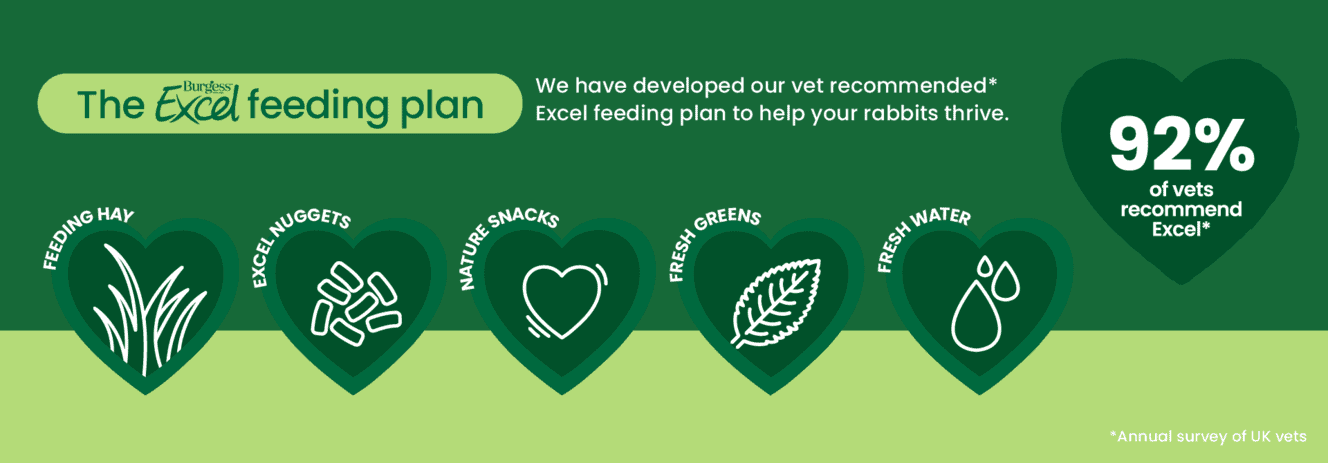
Types of Fibre
Rabbits need to keep their digestive systems busy with a mix of two kinds of fibre moving through the gut at all times. These types of fibre are called digestible fibre and indigestible fibre. They get this fibre mainly from good quality hay, such as Burgess Excel Feeding Hay.
Rabbits can’t get enough nutrition from fibre when it passes through their gut the first time. So they excrete caecotrophs, soft, sticky-type droppings. They then eat these again to get the rest of their vital nutrition.
Burgess Excel Nuggets have been specifically formulated to ensure that your rabbits get all the vitamins and minerals they need when fed alongside feeding hay or fresh grass. Excel was developed with leading small animal vets and nutritionists.
Digestible fibre is moved up into an organ called the caecum – which is like a giant appendix.
Good bacteria in the caecum ferment the fibre, making it easy to digest. This emerges in the form of clumps of sticky droppings – we call these droppings caecotrophs. Rabbits then re-eat the caecotrophs directly from their bottom and the essential nutrients are then absorbed when the digestible fibre passes through for the second time.
Beneficial Fibre
If rabbits don’t get the right amounts of both digestible and indigestible fibre, it can rapidly lead to serious health problems. At Excel, we call the correct ratio of these two types of fibre ‘Beneficial Fibre’.
Give your rabbits the right amount of fibre in their diet by sticking to The Excel Feeding Plan. The Excel Feeding Plan was developed in conjunction with one of the world’s leading small-animal vets, to provide a perfect daily balance of fibre and nutrition.
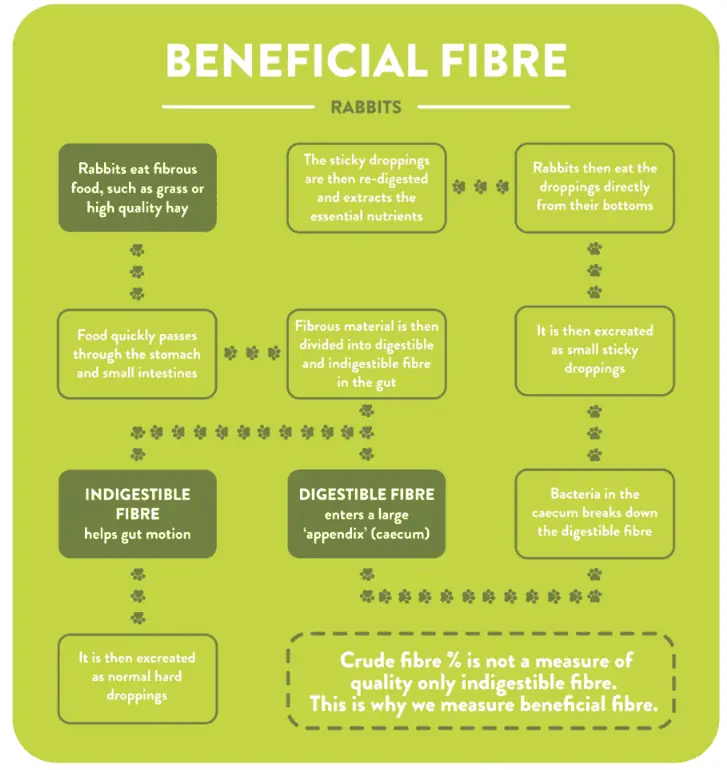
DON'T FORGET THE HAY
Our Burgess Excel Range
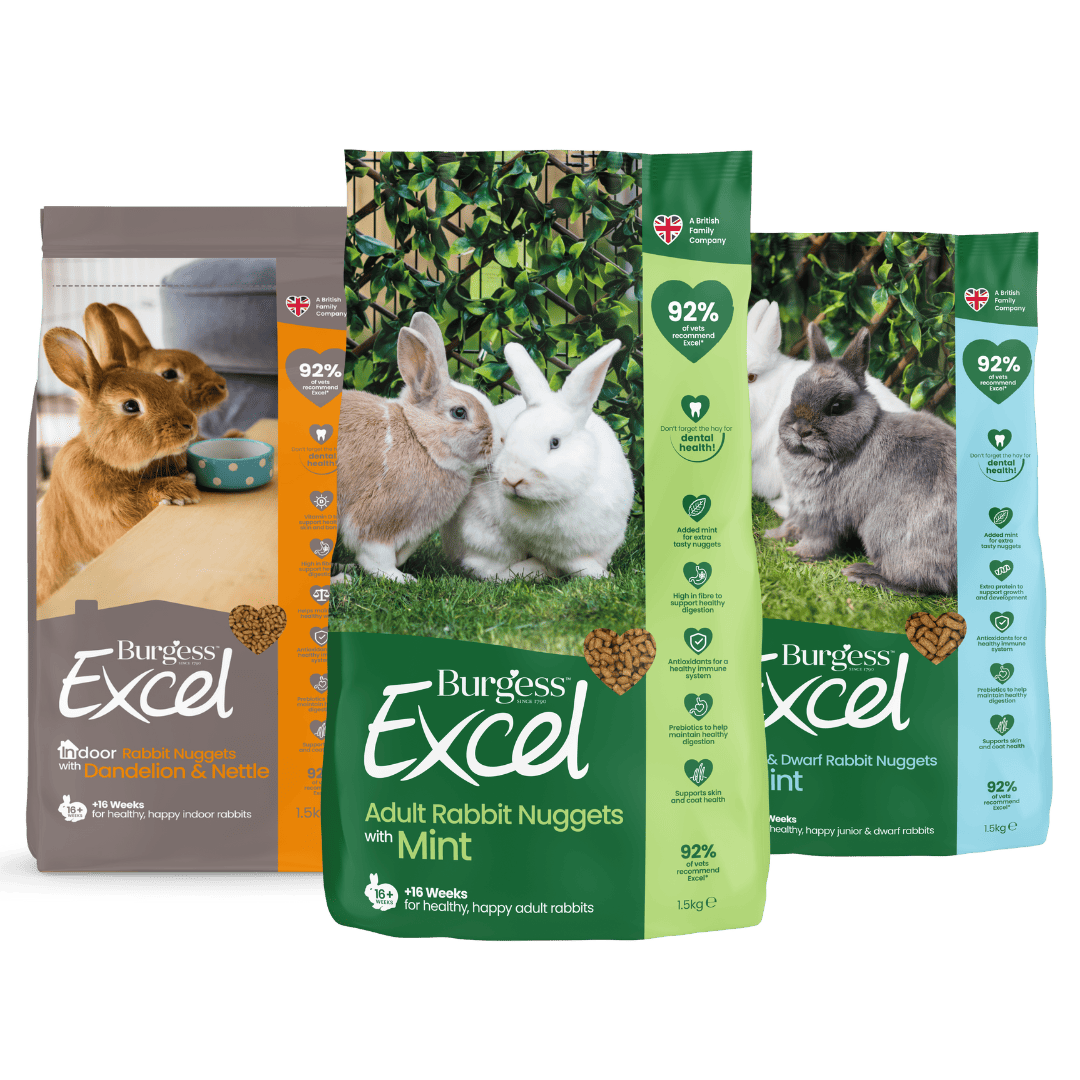




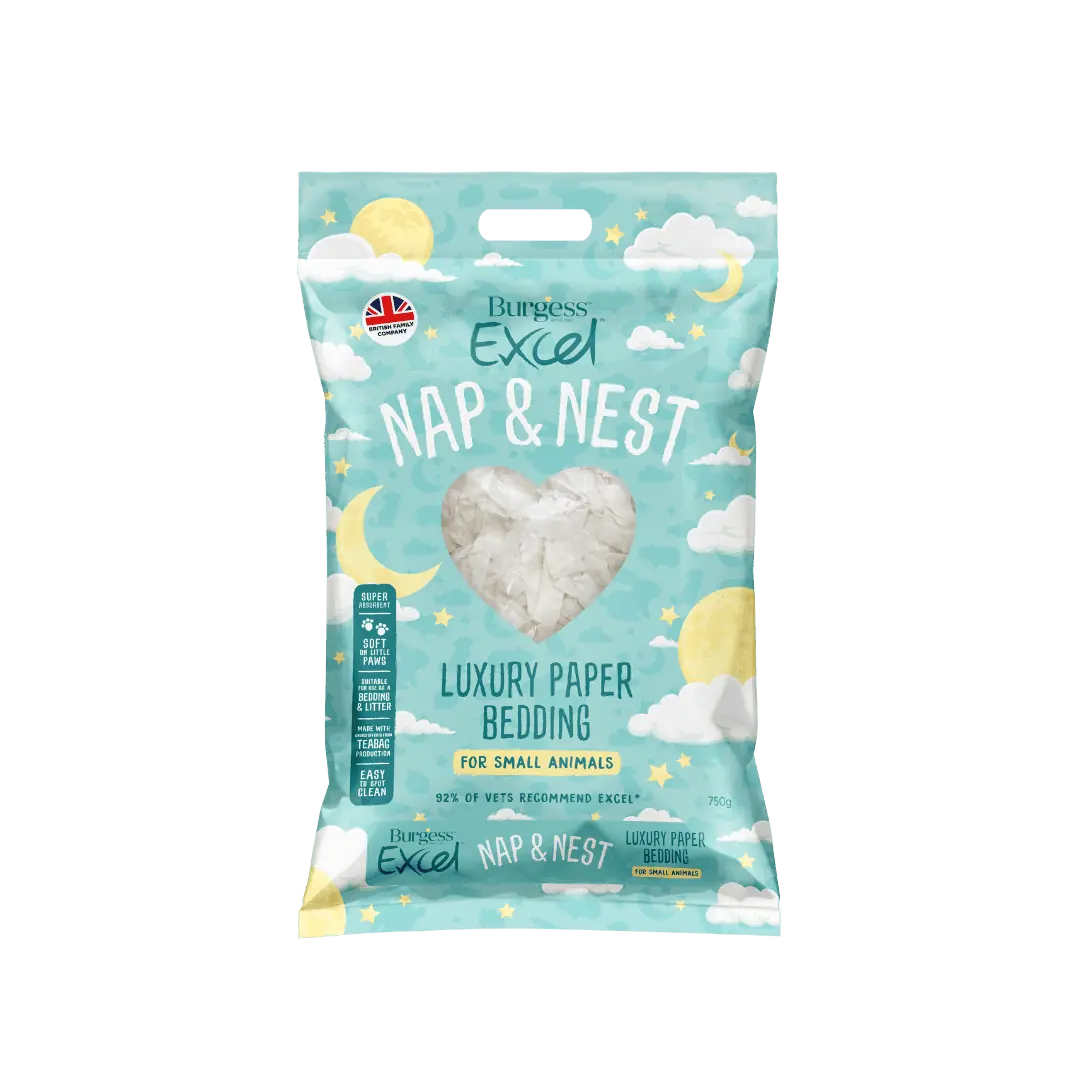
Transitioning to Burgess Excel nuggets

Do you need more advice?
If you’re at all unsure about the best way of feeding your rabbits or have any concerns about specific nutritional requirements, ask your local veterinary practice for advice.
You can get in touch with our customer care team who will respond in 3-5 working days. Our dedicated team of pet experts will help you make the right choice.
Are your Rabbits Burgess rabbits? Join the Burgess Pet Club for exclusive offers and rewards.















